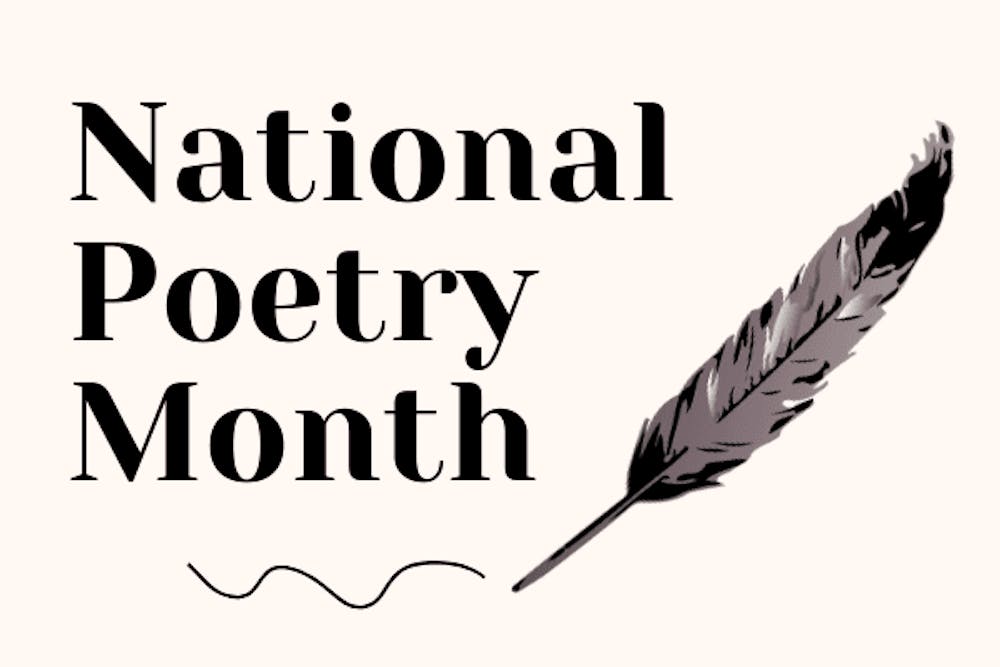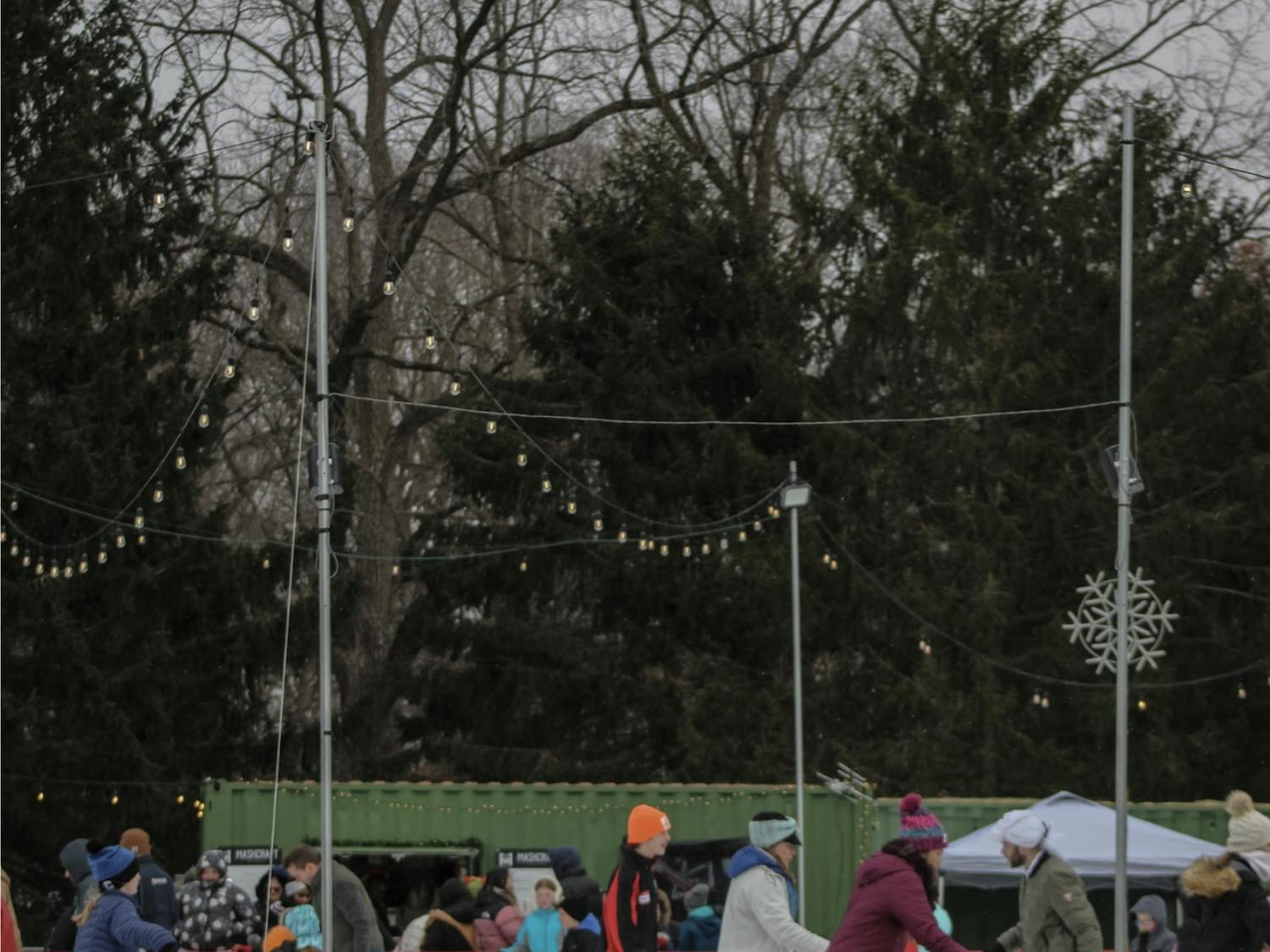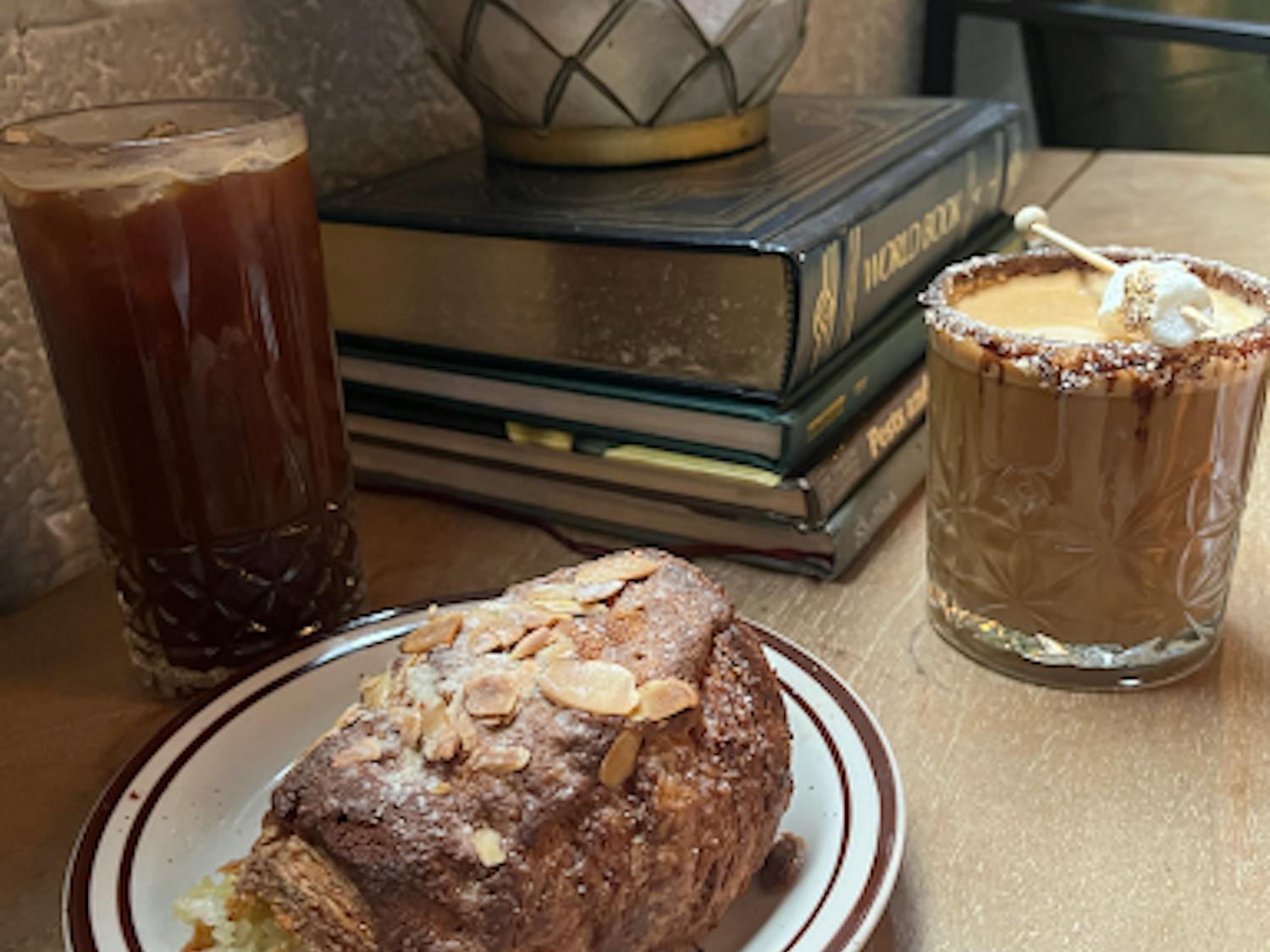Now that we’ve entered the seventh month of Israel’s attack on Gaza, I completely understand the people who say it’s pointless to read and enjoy poetry. While it is certainly not a replacement for attending protests, emailing representatives and donating to relief organizations, I believe that poetry has the incredible capacity to criticize and dismantle oppressive structures and ideologies. Poems serve as a rallying cry; they give voices to the voiceless and allow people to empathize with those who have different experiences from theirs.
As National Poetry Month comes to a close, here are five Palestinian poets that I recommend:
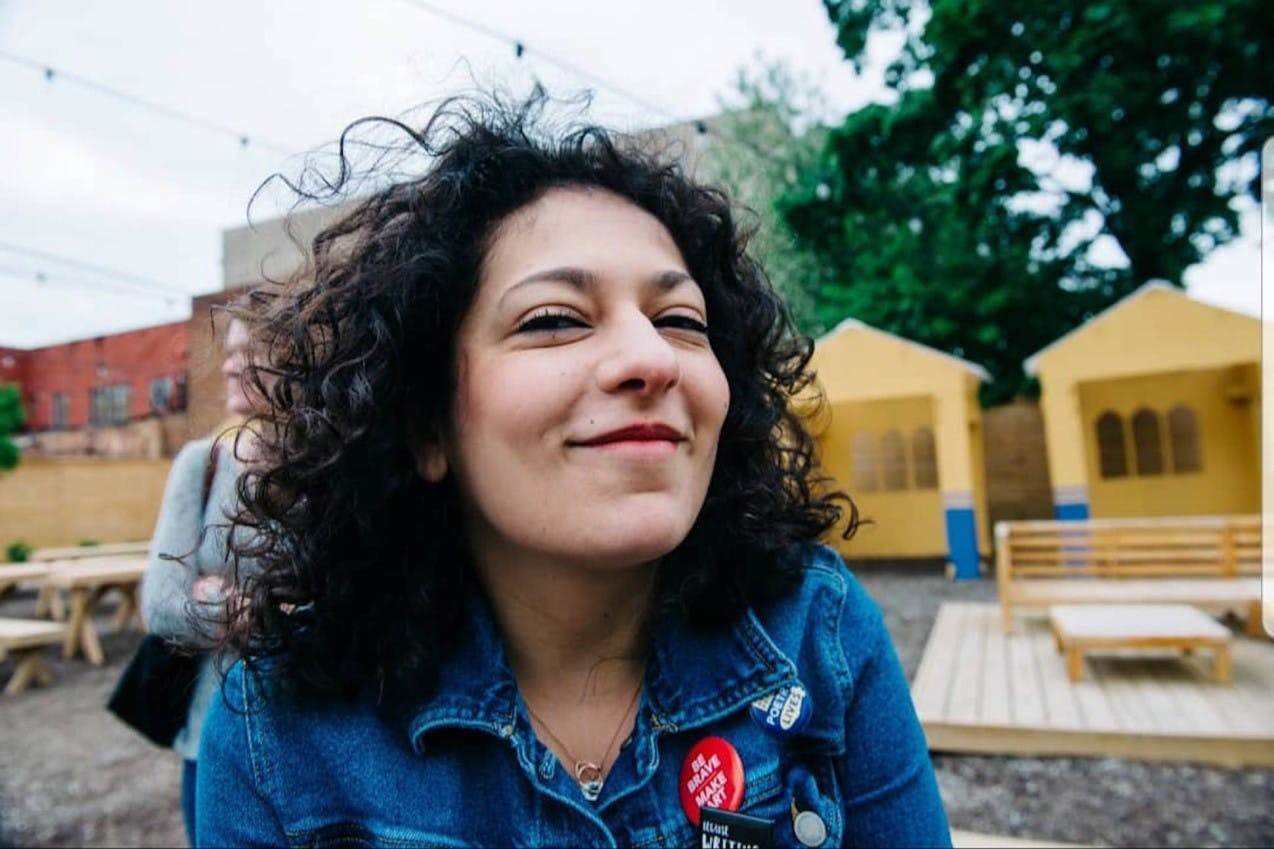
Photo Credit: Ilenia Pezzaniti via Poetry Foundation
Noor Hindi (IG: @noorkhindi)
I first came across Noor Hindi’s “Fuck Your Lecture on Craft, My People are Dying” when it appeared on my Instagram For You Page several months ago. This is probably her most popular poem, as I consistently see it posted to several of the poetry accounts I follow.
What this poem does so well is its criticism of flowers and the moon as metaphors to show that, as a Palestinian-American, she can’t afford to write about such things. She can’t write about anything but the violence perpetrated against Palestinians; after all, metaphors are for the privileged, the lucky, the ones who don’t have to worry about the survival of their people.
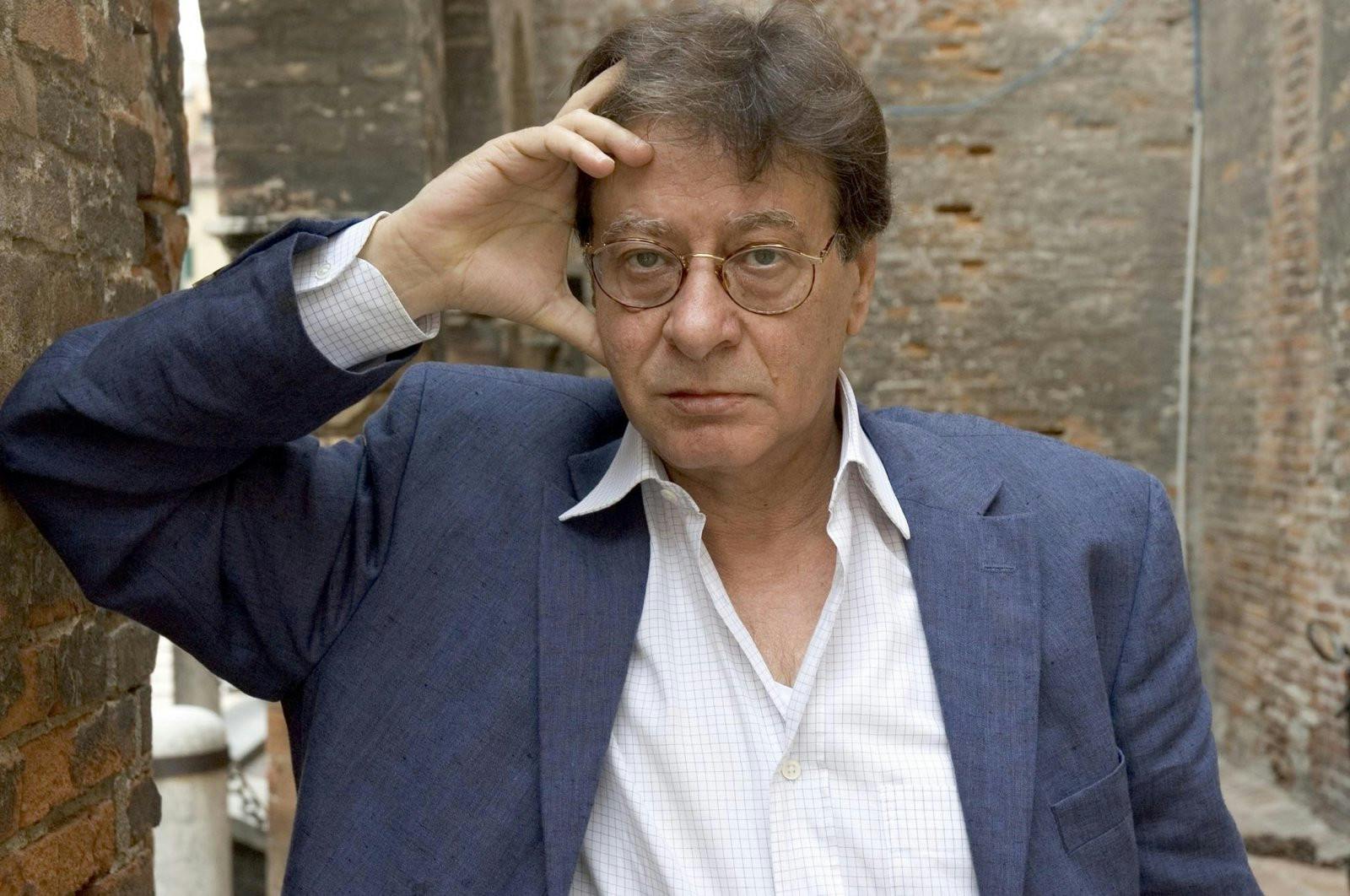
Photo Credit: Getty Images
Mahmoud Darwish
Revered as Palestine’s national poet, Darwish’s poems give voice to the Palestinians whose land was violently taken from them to form present-day Israel. I was first introduced to his writing in the book “A River Dies of Thirst,” which contains several of his poems and short stories. “The House as Casualty” appears early in the book, but it stuck with me, even now after I finished reading.
What hit me so hard with this poem is the visceral imagery of the things that get left behind like items of clothing, children’s toys or family heirlooms. These are the sorts of objects that are lost to the people who are forced to evacuate their homes and likely never returned to them. Whether these objects are as important as official government documents or something inconsequential like a salt shaker, the truth is, we humans define ourselves by what we have. This begs the question: what are we if our belongings are no longer our belongings?
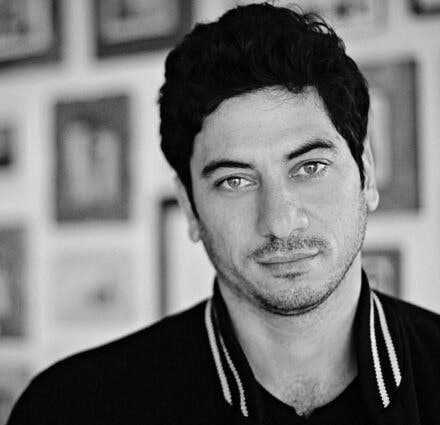
Photo Credit: Chair Poetry Evenings
Marwan Makhoul (IG: @marwan_makhoul)
The four short lines that comprise “In order for me to write poetry that isn’t political” prove that poetry doesn’t need to be long or overly complex to be powerful—sometimes the most powerful writing is the shortest, and this poem does just that.
Similar in sentiment to Hindi’s poem (both sharing themes of wanting to write about something other than violence), Makhoul expertly shuts down those who complain that “everything is political these days.” In a way, these people are correct: everything is political these days because everything is political these days. Makhoul shows how everyday life in Palestine has been turned into something it’s not, where people can’t hear the birds over the engines of warplanes.
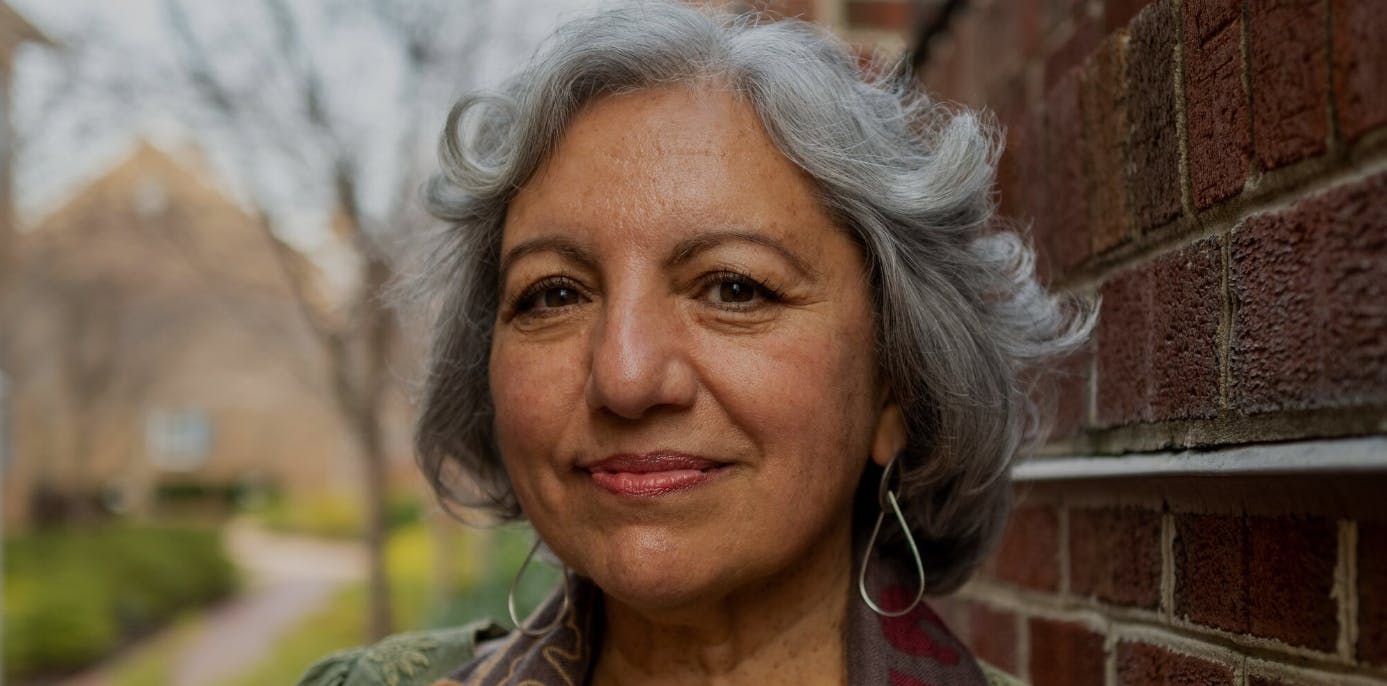
Photo Credit: Jeff Norman via Zeina Azzam
Zeina Azzam (Twitter: @zeina3azzam)
Perhaps nothing is as impactful as a child’s voice in times of war. Azzam, who is, herself, Palestinian-American, was inspired to write “Write My Name” after seeing several news reports about parents writing their children’s names on their legs in case they are killed while separated. When looking for an epigraph to put before her poem, she used a CNN report that read, “Some parents in Gaza have resorted to writing their children’s names on their legs to help identify them, should they or the children be killed.” The poem then went viral and was translated into six languages.
In this poem, Azzam takes on the voice of a young child, instructing their mother to use permanent ink that won’t wash away if it rains, to write their name on their siblings’ legs and to not write any numbers to avoid becoming a statistic. It’s an uncomfortable and heartbreaking look into what and how children think during times of crisis.
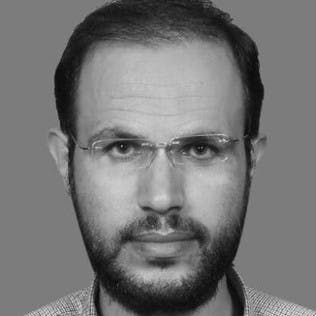
Photo Credit: Wikipedia
Refaat Alareer (IG: @refaat17; Twitter: @itranslate123)
On Dec. 6, Alareer, along with his brother, sister and children, was killed in an Israeli airstrike. Just five weeks before, Alareer had written “If I must die” and pinned the poem to his Twitter profile. After news of his death circulated, many began translating his poem into their native languages to honor him, and actor Brian Cox even read it out loud for the Palestine Festival of Literature.
This eerily prophetic poem is a plea from Alareer to survivors to not let his life, or death, be in vain. This plea was especially meant for his daughter Shaimaa, as he wanted her to continue telling his story. Although Shaimaa was killed in an Israeli airstrike on April 26, Alareer’s words speak on a deeper level to all the survivors and their allies to not let the Palestinian people be forgotten or their history buried. Just like we should never forget the Jewish, Romani, gay and disabled people persecuted by the Nazis in World War II, we should never forget the Palestinians. It is the job of those remaining to keep their stories alive and to make sure the world never forgets.
Laynie Rearick (she/her) is a freshman majoring in American Sign Language interpretation and was co-editor of her high school’s newspaper. She joined Campus Citizen because she likes to write and has a lot of opinions.

